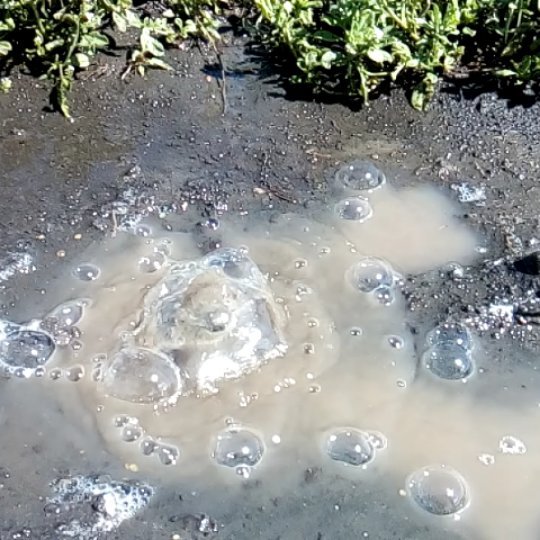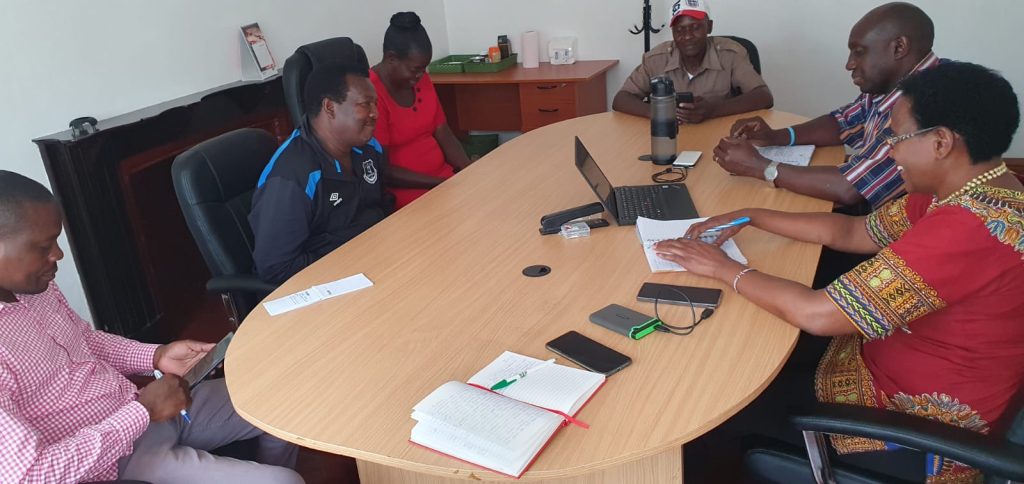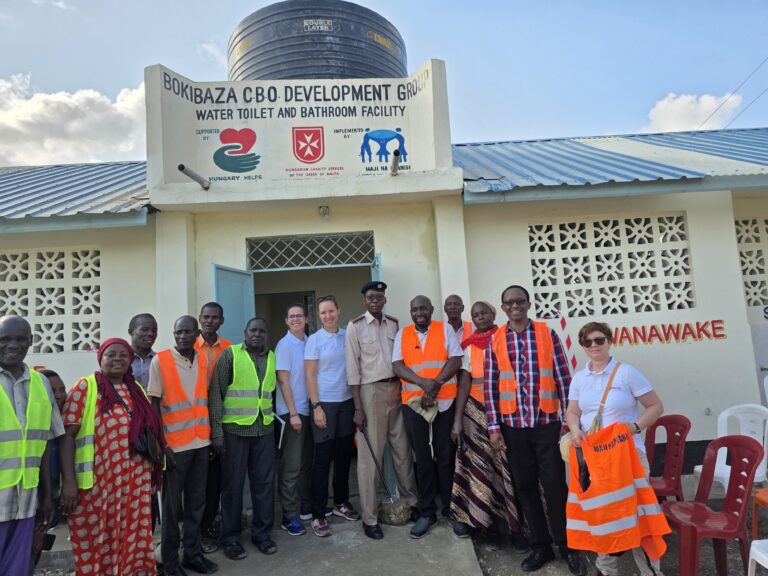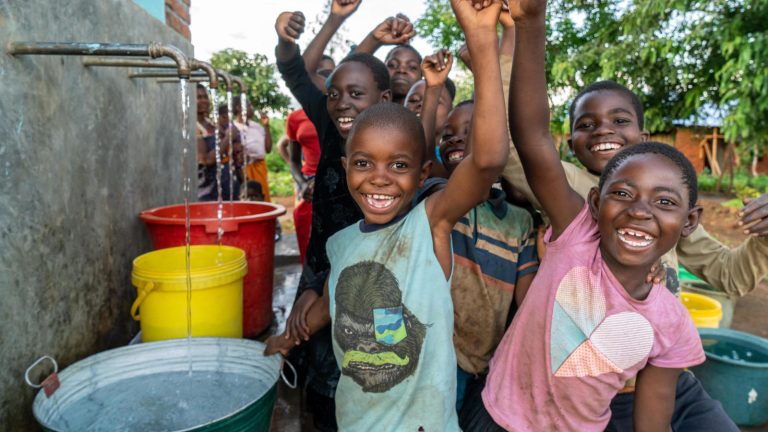In a world where water scarcity is becoming an increasing concern, especially in urban environments, finding sustainable ways to manage water resources is crucial. Urban areas face a unique set of challenges when it comes to water consumption due to population density, infrastructure constraints, and increasing demand. As cities grow, the strain on freshwater supplies intensifies, leading to a pressing need for alternative solutions. Have you ever wondered how water recycling and reuse can help mitigate these challenges?
In this article, we’ll delve into the best practices for water recycling and reuse in urban areas. We’ll explore the technologies that make these practices possible, the environmental and economic benefits, and how cities around the world are implementing these systems to ensure a sustainable water future. Whether you’re a city planner, an environmental enthusiast, or simply curious about the future of urban water management, this guide will provide valuable insights.
A Detailed Explanation of Water Recycling and Reuse in Urban Areas
Water recycling refers to the process of treating wastewater to make it suitable for reuse, whether for industrial processes, irrigation, or even potable water supplies. Urban water reuse systems involve collecting wastewater from residential, commercial, or industrial sources, treating it, and then reintroducing it back into the water supply system for various applications.
Why Water Recycling is Essential in Urban Areas
Urbanization leads to an increased demand for water, which strains local freshwater resources. According to the UN, two-thirds of the global population could face water shortages by 2025, making water recycling a critical element in ensuring sustainable water management.
1. Alleviating Pressure on Freshwater Resources
Water recycling reduces the dependency on freshwater supplies by using treated wastewater for non-potable applications, such as landscape irrigation, cooling towers, and industrial processes. This reduces the overall demand for potable water and helps preserve natural water bodies.

2. Reducing Pollution
By reusing water, cities can reduce the amount of wastewater discharged into rivers, lakes, and oceans. This minimizes the environmental impact of urbanization, reducing pollution and safeguarding ecosystems. Treated wastewater can be less harmful to aquatic life when properly managed.
3. Economic Benefits
Water recycling can lead to cost savings for municipalities and industries. Treating wastewater on-site for reuse in irrigation or cooling processes can be more cost-effective than sourcing new water supplies. Moreover, it reduces the costs associated with wastewater disposal and treatment.
Best Practices for Implementing Water Recycling in Urban Areas
Successful water recycling initiatives require thoughtful planning, investment in technology, and collaboration between public and private sectors. Here are some of the best practices cities can adopt to ensure efficient water reuse systems:
1. Integrated Water Management Systems
Cities must develop integrated water management plans that include water recycling and reuse as a core component. This involves designing infrastructure that can treat and distribute recycled water for various uses. Integrated systems ensure that water is used efficiently and sustainably, with minimal wastage.
2. Greywater Recycling
One of the simplest ways to reuse water in urban environments is through greywater recycling. Greywater refers to relatively clean wastewater from baths, sinks, washing machines, and dishwashers. This water can be treated and reused for flushing toilets, irrigation, or cleaning purposes, significantly reducing the need for potable water.
3. Decentralized Water Treatment Facilities
Rather than relying on large, centralized treatment plants, some urban areas are turning to decentralized systems. These small-scale treatment facilities can be installed in residential or commercial buildings, treating wastewater on-site for reuse. This reduces the load on municipal treatment systems and promotes localized water recycling.
4. Public Awareness and Incentives
Public participation is crucial for the success of water recycling initiatives. Cities can encourage residents and businesses to adopt water-saving practices by offering incentives, such as reduced water tariffs for households that install greywater systems or rainwater harvesting equipment. Education campaigns highlighting the benefits of water recycling can foster greater public support and compliance.

5. Advanced Treatment Technologies
Investing in advanced treatment technologies, such as membrane filtration, ultraviolet (UV) disinfection, and reverse osmosis, can ensure that recycled water meets the required quality standards for various applications. These technologies can remove contaminants more efficiently, making water safe for reuse in agriculture, industrial processes, or even potable water supplies.
Success Stories of Water Recycling in Urban Areas
Several cities around the world are leading the way in water recycling and reuse, setting examples for others to follow.
1. Singapore’s NEWater Initiative
Singapore is a global leader in water recycling, with its NEWater program treating wastewater to produce high-quality water that is safe for drinking. Using advanced membrane and UV technologies, Singapore has reduced its reliance on imported water and strengthened its water security. Today, NEWater meets up to 40% of Singapore’s total water demand.
2. Orange County, California
Orange County operates one of the largest groundwater replenishment systems in the world. The system treats wastewater to a high standard and then pumps it back into the groundwater aquifer, where it mixes with natural water before being extracted and treated again for potable use. This innovative approach has helped the region address water shortages while reducing its reliance on imported water.
3. Windhoek, Namibia
In Windhoek, one of the driest cities in the world, water recycling has been a critical part of the city’s water supply for over 50 years. The city treats wastewater to potable standards and blends it with freshwater to meet the needs of its growing population. This pioneering system has allowed Windhoek to overcome water scarcity challenges in an arid environment.
Challenges in Implementing Water Recycling Programs
Despite the benefits, implementing water recycling programs in urban areas is not without challenges. These can include:
1. High Initial Costs
Building and maintaining water recycling infrastructure requires significant investment. Advanced treatment technologies, storage systems, and distribution networks can be expensive to install, especially in densely populated cities.

2. Public Perception
Some communities may resist the idea of using recycled water, especially for drinking, due to concerns about safety and hygiene. Public education campaigns are essential to overcoming these misconceptions and gaining public acceptance.
3. Regulatory and Institutional Barriers
The regulatory frameworks governing water recycling can vary widely between regions. In some cases, outdated regulations or a lack of clear guidelines can hinder the development of water recycling initiatives. Coordinating between different government agencies and stakeholders is essential to address these barriers.
How Maji Na Ufanisi is Helping in Water Recycling and Reuse
Maji Na Ufanisi (MNU), a leading NGO in water, sanitation, and hygiene (WASH) initiatives, plays a vital role in promoting water recycling and reuse in urban areas across Kenya. MNU’s work focuses on building community resilience to water shortages by implementing sustainable water management systems in urban and peri-urban areas.
MNU has been involved in several projects aimed at improving water access and promoting recycling in urban slums and disadvantaged communities. These projects help ensure that marginalized populations have access to clean and affordable water. Moreover, MNU advocates for policy reforms to support water recycling initiatives at the national and local levels.
By working with local governments, community-based organizations, and international partners, MNU is creating a framework for sustainable water management that can be replicated in other regions facing similar challenges. The organization also provides training and capacity-building programs to empower communities in water recycling practices.
Conclusion
Water recycling and reuse in urban areas is not just an innovative solution but a necessity in today’s world of increasing water scarcity. By implementing best practices, cities can alleviate pressure on freshwater resources, reduce pollution, and create economic benefits. Advanced technologies, public participation, and collaborative efforts between government and communities are essential for the success of water recycling initiatives. With the growing awareness of sustainable water management, it is clear that water recycling will play a pivotal role in securing the future of urban water supplies.
FAQs
- What is water recycling?
Water recycling is the process of treating wastewater so it can be reused for various applications, such as irrigation or industrial processes.
- How does greywater recycling work?
Greywater recycling involves treating relatively clean wastewater from sinks, baths, and laundry for reuse in non-potable applications.
- Can recycled water be used for drinking?
Yes, with advanced treatment technologies like membrane filtration and UV disinfection, recycled water can be treated to meet potable standards.
- What are the benefits of water recycling?
Water recycling helps reduce the strain on freshwater resources, minimizes pollution, and can offer economic savings.
- Which cities are leaders in water recycling?
Singapore, Orange County (California), and Windhoek (Namibia) are among the leading cities implementing successful water recycling systems.
- What are the main challenges in water recycling?
High initial costs, public perception, and regulatory barriers are some of the challenges cities face in implementing water recycling programs.
- What is Maji Na Ufanisi’s role in water recycling?
Maji Na Ufanisi promotes water recycling in Kenya by implementing sustainable systems in urban areas and advocating for policy reforms.
- Is water recycling safe?
Yes, when treated properly, recycled water is safe for both potable and non-potable uses.
- What technologies are used in water recycling?
Technologies like membrane filtration, UV disinfection, and reverse osmosis are commonly used in water recycling.
- How can I support water recycling initiatives?
You can support water recycling by advocating for sustainable water policies, reducing water waste, and adopting greywater systems.


